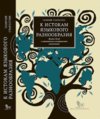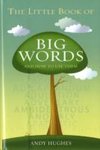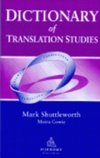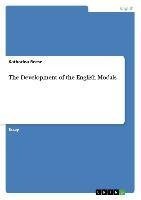
-
 Anglický jazyk
Anglický jazyk
The Development of the English Modals
Autor: Katharina Reese
Essay from the year 2007 in the subject English Language and Literature Studies - Linguistics, grade: 2,7, Free University of Berlin (Institut für Englische Philologie), course: History and Variation of English II, language: English, abstract: The question... Viac o knihe
Na objednávku, dodanie 2-4 týždne
15.75 €
bežná cena: 17.50 €
O knihe
Essay from the year 2007 in the subject English Language and Literature Studies - Linguistics, grade: 2,7, Free University of Berlin (Institut für Englische Philologie), course: History and Variation of English II, language: English, abstract: The question about the grammaticalization process of the modal auxiliary verbs from Old English to Modern English is a highly discussed topic among linguistics and scholars today. It is undisputed that, in the English that is spoken today, words like 'should', 'could' etc. form a separate category, or rather a subcategory, 'modal' that does not only syntactically differ from the usual English verbs, but also morphologically. That is, of course with the exception of a few regional variations such as for example Scots, but since the main focus of this paper is on the standard British and American English dialects, those regional non-standard dialects will not be taken into consideration here.
For every native and average non-native speaker, it is natural that modals like 'will' for example don't take the obligatory inflectional ending -s in third person singular present. Or that 'should', 'would' or 'could' do not have past tense meaning, although the forms itself are actually a past form. And it is also natural that just those verbs, which we subcategorize as modals, will neither appear as infinitives with 'to' (*'I have to will'), nor do they require 'to' in combination with regular verbs (*'I should to go').
Today we instinctively know that those usual grammatical rules that regular verbs require to be followed in order to correctly be embedded in a sentence, don't apply to the modals. How did we get to this point, though?
In the following paper I want to take a closer look at how the modals developed from regularly inflectional verbs, that they still were in Old English, to this new category 'modal' which is no longer a full verb that can stand alone in a sentence, but more of a grammatical function that signals either epistemic or deontic meaning.
- Vydavateľstvo: GRIN Verlag
- Rok vydania: 2010
- Formát: Paperback
- Rozmer: 210 x 148 mm
- Jazyk: Anglický jazyk
- ISBN: 9783640774425
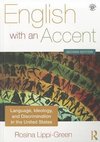

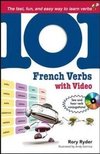
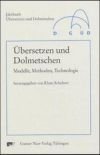
 Nemecký jazyk
Nemecký jazyk 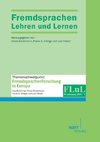
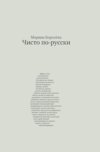
 Ruský jazyk
Ruský jazyk 

